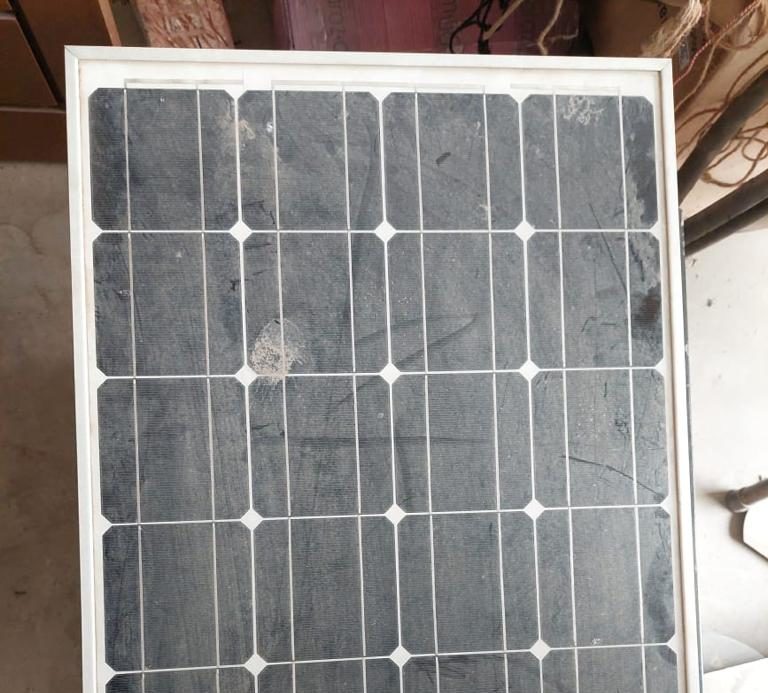Bangladesh started deploying its first solar panels in the early 2000s and now some of these modules are close to the end of their lifecycles, which means they will have to be recycled.
However, the country does not have any policies in place for solar PV waste management. Its recently enacted e-waste management rules do not consider solar module waste as electronic waste.
“PV waste management will be a big challenge if we do not take steps just now,” Mostafizur Rahman, a researcher at Bangladesh Jahangirnagar University, told pv magazine.
Rahman and a group of scientists investigated the country's potential for PV module recycling in “Current challenges and future perspectives of solar-PV cell waste in Bangladesh,” which was recently published in Heliyon. They concluded that the management of end-of-life solar modules could be turned into a huge business opportunity if decisive steps are taken as soon as possible.
“We need a national guideline on solar panel waste management and turn them into resources,” he added.
The research group said that between 2025 and 2060, PV waste in Bangladesh could reach a total of 5.496 million tons, including 874,134 tons of glass, 77,206 tons of plastic, 121,407 tons of aluminum, 39,487 tons of silicon, and 6,719 tons of copper.
“In Bangladesh, a dedicated PV cell recycling system is currently unavailable,” the report said. “Therefore, a huge scope of resource recovery from wasted PV cells might be lost along with escalating environmental threats.”
The paper also notes that there are no PV waste recycling centers in Bangladesh at present. However, recycling centers could be established by enacting guidelines that could help to turn the country into a regional hub for solar module recycling. Several neighboring countries, such as Myanmar, currently have zero capacity for end-of-life PV module management.
“In northeastern India, the seven sister states of India are the contiguous states of Arunachal Pradesh, Nagaland, Assam, Tripura, Meghalaya, Mizoram, and Manipur. It is not practically feasible to connect with the e-waste recycling centers of India for these states. In that case more practical and cheaper option to transport PV wastes from these states may be to Bangladesh,” the researchers said, noting that new provisions could help the country to take advantage of this strategic potential.
Razinara Begum, an official in Bangladesh's Department of Environment, said e-waste management rules have been prepared, but PV waste management has once again not been included.
“Various guidelines will be prepared under the rules where solar waste management can be added,” Begum told pv magazine.
Dipal C Barua, the president of the Bangladesh Solar and Renewable Energy Association, said most PV waste will start coming in 2025.
“We need to find out a mechanism for PV waste recycling. Already the battery wastes got resale value thus properly managed,” he told pv magazine. “The Sustainable and Renewable Energy Development Authority (SREDA) can take a research project to check the ways for reuse of the PV waste.”
This content is protected by copyright and may not be reused. If you want to cooperate with us and would like to reuse some of our content, please contact: editors@pv-magazine.com.



1 comment
By submitting this form you agree to pv magazine using your data for the purposes of publishing your comment.
Your personal data will only be disclosed or otherwise transmitted to third parties for the purposes of spam filtering or if this is necessary for technical maintenance of the website. Any other transfer to third parties will not take place unless this is justified on the basis of applicable data protection regulations or if pv magazine is legally obliged to do so.
You may revoke this consent at any time with effect for the future, in which case your personal data will be deleted immediately. Otherwise, your data will be deleted if pv magazine has processed your request or the purpose of data storage is fulfilled.
Further information on data privacy can be found in our Data Protection Policy.